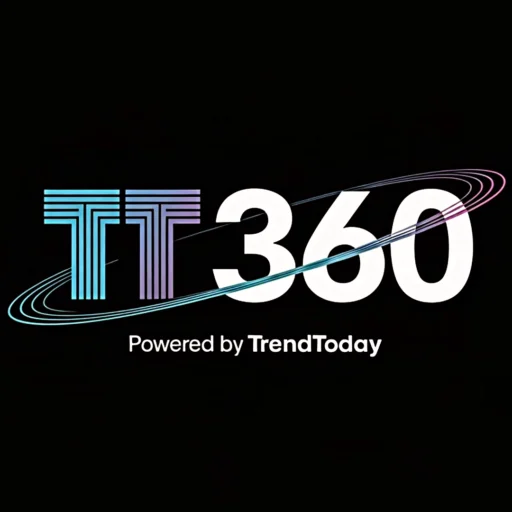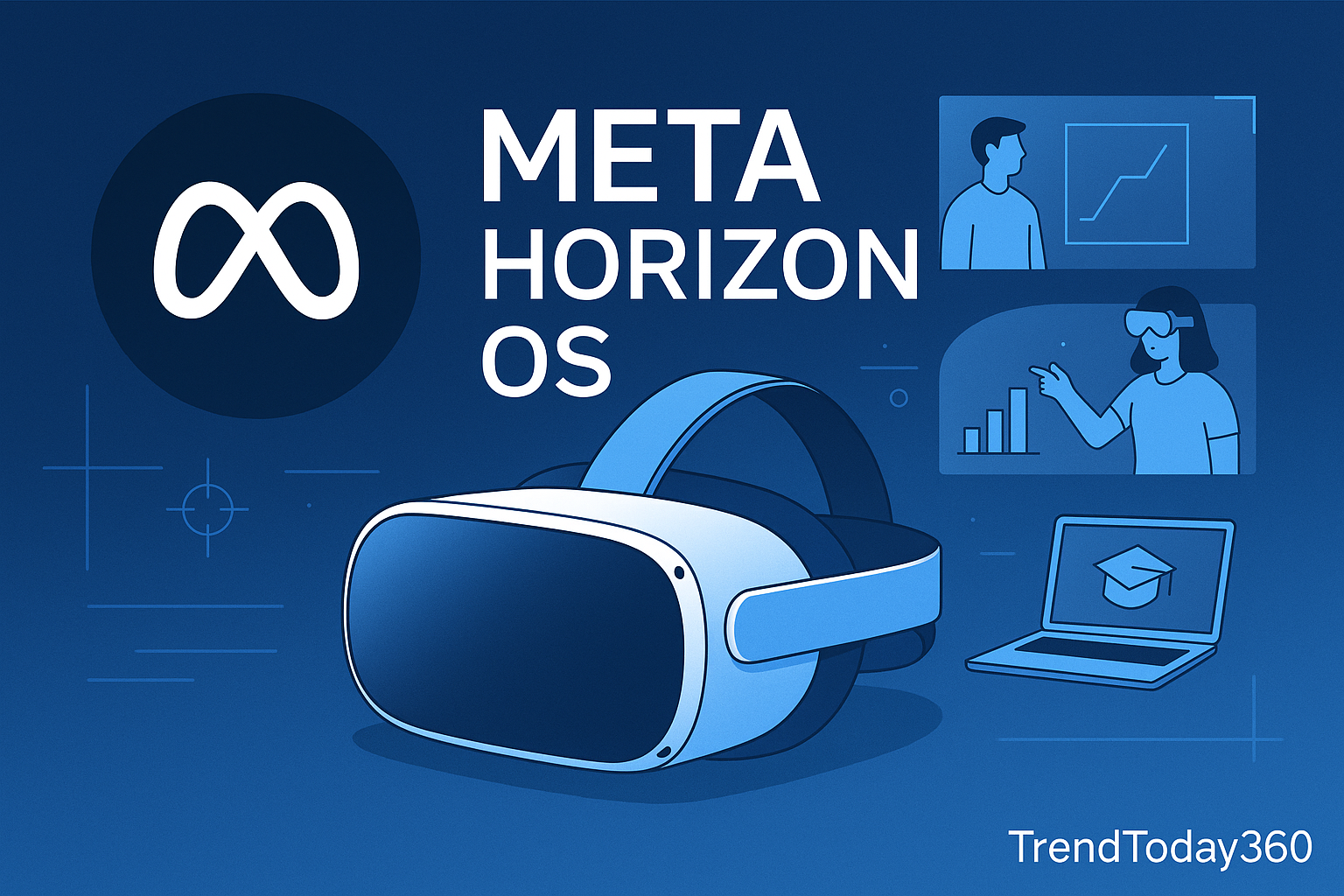Meta’s Horizon OS Gains Momentum in U.S. Schools and Workplaces
Meta is making a bold push into real-world XR adoption with the rollout of its Horizon OS. While much of the public focus has been on devices like Meta Quest, the company’s true long-term strategy is becoming clear. Horizon OS in U.S. schools and workplaces marks the start of a deeper commitment to building a widely accessible, social-first computing platform.
A Decade of XR Investment Is Finally Taking Root
Meta has spent over ten years building its XR ecosystem. Its Reality Labs division, which powers this technology, lost nearly $4 billion in Q1 2025 alone. Despite such losses, CEO Mark Zuckerberg’s vision remains intact. Horizon OS is Meta’s Android-style play—designed not to dominate hardware, but to become the default software layer for spatial computing.
Opening the OS to third-party partners like ASUS and Lenovo is the next step. Horizon OS now powers devices beyond Meta’s own, offering American institutions a broader choice of hardware while keeping software consistent.
U.S. Classrooms Begin to Embrace Horizon OS
In classrooms from California to Georgia, Horizon OS is starting to reshape digital learning. School districts piloting Meta Quest-based programs are now exploring Horizon OS-enabled devices with broader learning applications. Lenovo, a key Meta partner, is building productivity and education-focused headsets tailored to school needs.
Students can now engage with interactive content in subjects like science, history, and language through immersive simulations. Meta’s new educational support tools allow teachers to manage multiple devices, control content, and access verified applications—all through the Horizon platform.
This movement toward Horizon OS in U.S. schools and workplaces positions the operating system as more than a tech upgrade—it’s becoming a gateway to immersive, student-centered learning.
How Horizon OS Is Shaping Modern Work Environments
Enterprises in the U.S. are also adopting Horizon OS-based solutions. Meta’s new spatial computing framework enables seamless integration with existing productivity tools. Corporate teams now use Horizon Workrooms and immersive training modules for onboarding, simulations, and collaborative meetings.
Unlike traditional conferencing tools, Horizon OS supports body tracking, spatial audio, and mixed-reality whiteboards. These features create realistic presence for remote teams, especially in hybrid work models where human connection is often missing.
Lenovo’s XR hardware—optimized for business and productivity—runs Horizon OS with deep compatibility across enterprise software. With Qualcomm’s Snapdragon XR2 Gen 2 chip powering most devices, performance meets the demands of real-world use cases in health, logistics, and finance.
App Ecosystem Reforms Will Boost Developer Access
To ensure scale, Meta is also simplifying developer onboarding. One of the most transformative moves is the integration of App Lab into the main Horizon Store. Previously, App Lab apps were relegated to a secondary space with poor visibility. Now, even small U.S.-based XR startups can reach a broad audience through Horizon OS-compatible storefronts.
Meta is setting basic technical and content standards for store approval, creating a lower barrier for indie developers to showcase innovation. U.S. educators and professionals now have access to a more diverse set of XR applications designed for practical use.
Meta is also developing a spatial app framework for mobile developers. This allows teams familiar with Android to easily create or port immersive applications for Horizon OS. The result: more utility-focused apps that align with real needs in education and the workplace.
Why Meta’s Strategy Gives Horizon OS the Edge
Meta is no longer simply competing with other headset makers. With Horizon OS, it is laying the foundation for a broader XR platform, one that supports multiple manufacturers and partners. By focusing on content, presence, and openness, Meta is differentiating from Apple’s tightly controlled ecosystem.
While Apple’s XR platform is just beginning, Meta’s Horizon OS is already in classrooms, labs, and boardrooms across the United States. The focus on social identity, shared environments, and developer support gives Meta a real chance to dominate non-Apple segments of the XR market.
Qualcomm also plays a crucial role. All Horizon OS devices run on Snapdragon processors, making this not just a battle of brands—but a chip war, too.
The Road Ahead: Spatial Computing at Scale
Horizon OS in U.S. schools and workplaces is just the beginning. Meta’s open ecosystem approach echoes what Android did for smartphones. By powering multiple devices with one social-first operating system, Meta is laying the groundwork for spatial computing to go mainstream.
With support from key partners like Lenovo, ASUS, Xbox, and Qualcomm, the platform now has both hardware flexibility and developer appeal. As Meta improves privacy, security, and content quality, Horizon OS could redefine how Americans interact with education and work.
Updates By TrendToday360.







Leave a Reply